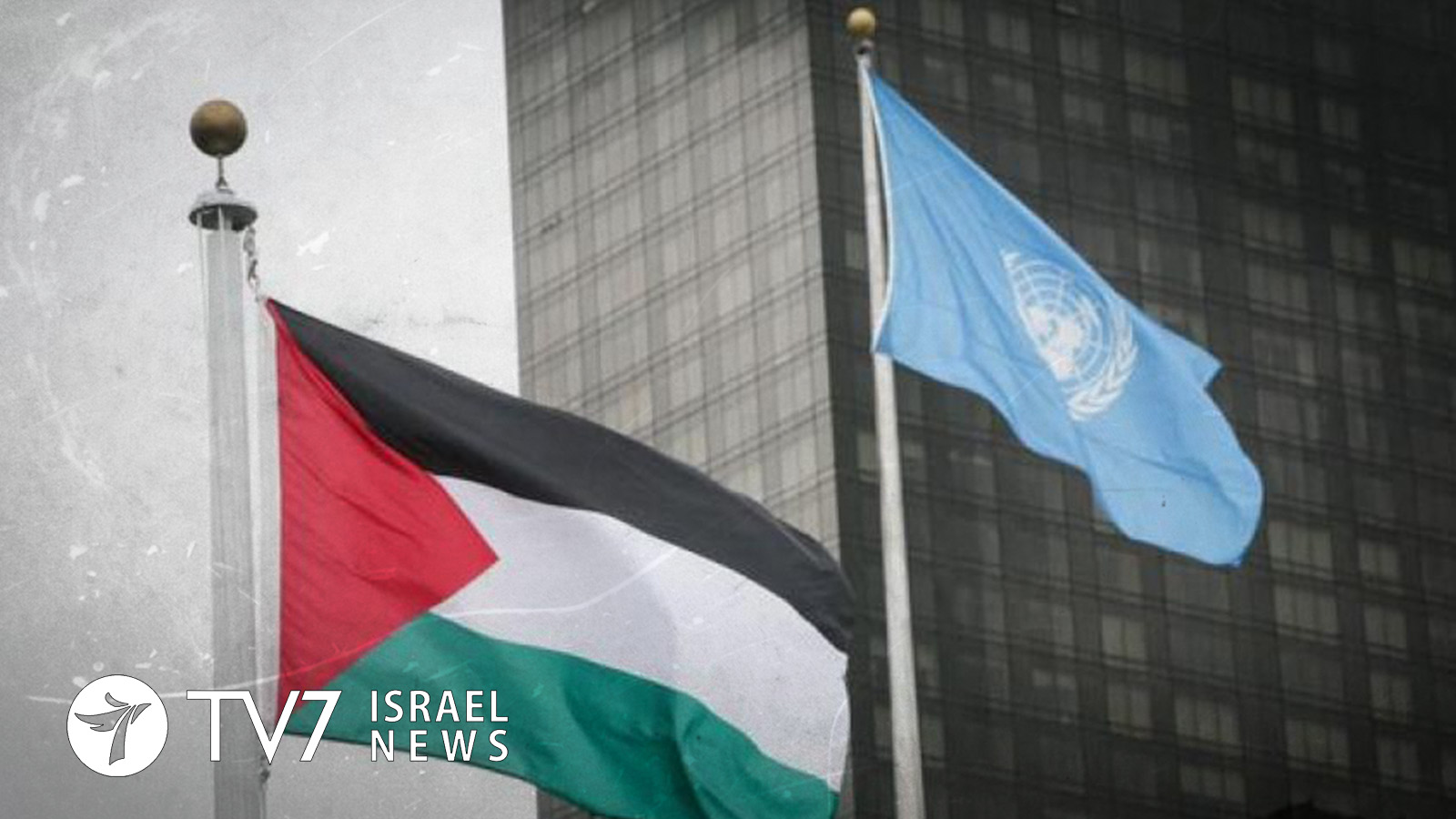The General Assembly voted in favor of an unprecedented move to allow Representatives of the Palestinian Authority – which are currently recognized as a Non-Member state of the world body – to chair a U.N. group of 77 developing nations. The vote effectively provides the Palestinians with a mandate to operate in a capacity similar to Full-Member states of the United Nations. While 146 countries voted in favor, including the United Kingdom, Estonia, Finland, France, Germany and Sweden, among other countries. While 15 countries abstained from the vote, 29 U.N. Member states refused to cast their ballot, all together. Only Israel, Australia and the United States voted against the move, condemning it as an ‘effort to bypass direct negotiations that seek to realize a solution to the decades old Israeli-Palestinian conflict.’ “We cannot support efforts by the Palestinians to enhance their status outside of direct negotiations. The United States does not recognize that there is a Palestinian state and notes that no such state has been admitted as a U.N. member state. Therefore we strongly oppose the Palestinians’ election as chair of the G77 as well as this so-called enabling resolution. If this misguided resolution is adopted, the United States will leave no doubt about where we stand. When the Palestinians speak as chair of the G77 in the General Assembly, we will remind our fellow member states that the United States does not recognize that there is a Palestinian state and that no such state has been admitted as a U.N. member state. Only U.N. member states should be entitled to speak and act on behalf of major groups of states at the United Nations, such as the group of 77 and China. It is entirely inappropriate for an observer to play the role of representing a group of states in the General Assembly or elsewhere in the United Nations system,” Deputy U.S. Ambassador to the United Nations Jonathan Cohen said.
“Australia’s decision to vote no on this resolution reflects our long-standing position that Palestinian attempts to seek recognition as a state in international fora are deeply unhelpful to efforts towards a two-state solution. Unilateral recognition of Palestinian statehood will not resolve outstanding issues or create the conditions for enduring stability. This will only be realized from a directly negotiated agreement between Israel and the Palestinians. Australia remains firmly committed to a two-state solution that allows Israel and a future Palestinian state to exist side by side in peace and security, within internationally recognized borders,” Australian Ambassador to the United Nations, Gillian Bird said.
The Palestinians, however – rejecting the American condemnation – hailed the resolution, which was drafted by Egypt, as a new dawn in the Palestinian quest for statehood. The Palestinian Ambassador to the United Nations Riad Mansur stressed, following the vote, that the Palestinians would spare no effort to prove worthy of the trust given to them by the International Community. “This vote today, represents multilateralism at its best, with the wider membership supporting a resolution to enable the elected chair of a group to perform its duties effectively. It is an expression of respect for the decision of the group of 77 and China to elect the state of Palestine as its chair for the year 2019 by acclamation following the endorsement by the Asia Pacific group of the state of Palestine’s candidature by consensus. The state of Palestine will spare no effort to prove worthy of this trust in its capacity to represent and defend the interests of the group of 77 and China, while also engaging constructively and in an inclusive and transparent manner with all partners,” Palestinian Ambassador to the United Nations Riyad Mansour said.
In 2012, the U.N. General Assembly overwhelmingly approved the de facto recognition of a sovereign state of Palestine, when the world body voted in favor of upgrading the Palestinian Authority’s U.N. observer status to a non-member state. The status upgrade has allowed them to participate in some General Assembly votes and join some international bodies. However, as a non-member state the Palestinians cannot speak in meetings until after member states.
